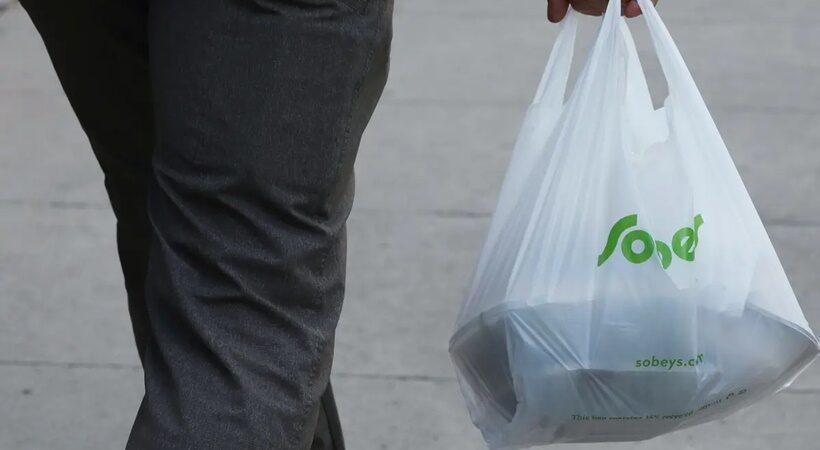Abu Dhabi, the capital of the UAE, announced on 6 April 2022, that it will ban single-use plastic bags from June.
Globally, almost 300 million tonnes of plastic pollution are produced each year, the equivalent weight of the human race, according to the UN Environment Programme.
Only 9 percent of the total plastic produced gets recycled and the rest ends up in landfills, dumps, or the natural environment.
The UN estimated if current trends continue, the ocean could contain more plastic than fish by the year 2050.
The move comes as part of the country’s ambitious plans to become carbon neutral.
Similarly, like plastic bags, Abu Dhabi also aims to get rid of single-use Styrofoam cups, plates, and food containers by 2024.
A similar announcement was made by the neighbouring emirate of Dubai, which plans to introduce a 25-fils (5p) cess on plastic bags in July, with the aim of phasing out disposable bags within the next two years.
UAE, a significant oil producer and the host of next year’s United Nations Climate Summit, has pledged to become carbon neutral by 2050.
Environment Agency Abu Dhabi (EAD) said it plans to gradually reduce the amount of single-use plastic products used in the emirate and encourage the use of reusable products.
It said it will implement measures to reduce demand for about 16 single-use plastic products, including cups, stirrers, lids and cutlery.
The initiative was announced in 2020 to phase out disposable plastics and it should have come into effect earlier but for the Covid-19.
In the two years since the agency has consulted partners from plastic producers to retailers to ensure its effective implementation.
In support of the phasing out of single-use plastic, EAD plans to carry out awareness campaigns across the emirate to educate the public on the new procedures.
Dr Sheikha Al Dhaheri, EAD’s secretary-general, said the ban is being introduced because of single-use plastic’s “harmful impacts on the environment and biodiversity“.
“As part of our plan to completely curb the use of single-use plastics, we are encouraging Abu Dhabi citizens to use more multipurpose and re-usable materials to reduce their environmental footprint,” she said.
It is also targeting private sector companies, providing them with tools to effectively plan for the policy’s implementation.
Many restaurants are also launching initiatives to reduce the consumption of single-use plastics and some major retailers are encouraging shoppers to use reusable shopping bags.
EAD will also conduct a detailed study on the introduction of an incentive-based, single-use plastic water bottle return scheme in Abu Dhabi, in partnership with more than 30 private and public entities.
The EAD has previously organised clean-up events and awareness campaigns about the damage done by single-use plastics, their litter and their effect on beaches and marine habitats.
The comprehensive policy has been developed to promote a healthy environment and a sustainable lifestyle for all, and to combat climate change by reducing resource consumption and pollution, the EAD said in a statement.



















